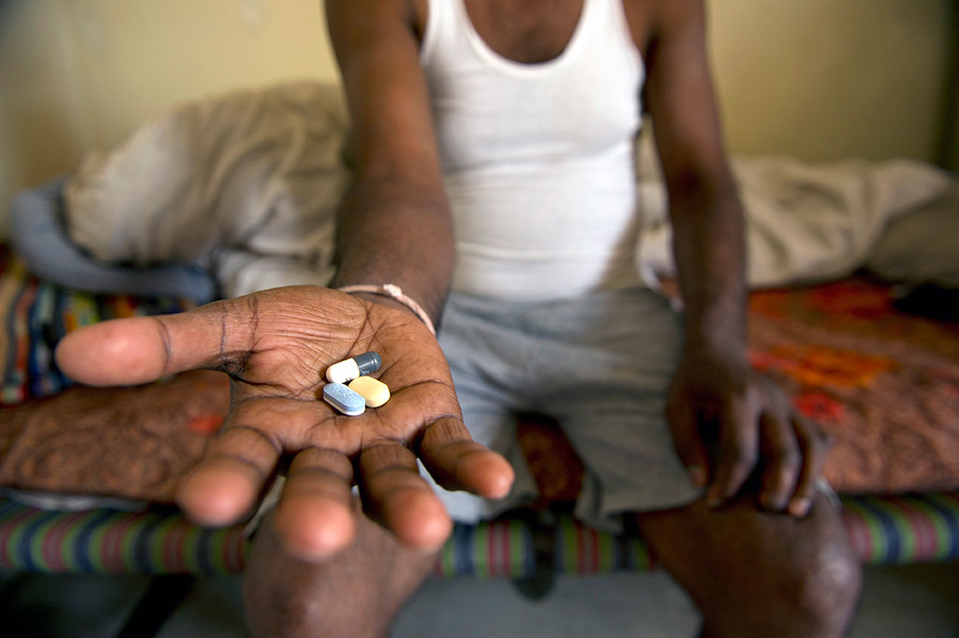Oxfam International said women and girls are being cheated out of the chance to beat poverty by major pharmaceutical companies.
The aid organisation pointed the finger at Johnson & Johnson, Abbot, Pfizer and Merck for avoiding taxes and not supplying medication at affordable prices. According to a new report, they have “deprived developing countries of more than $100 million”.
In its appeal for public help, Oxfam International said: “Big drug companies are making billions in profits while cheating poor people, especially women and girls. That’s money governments could use for clinics and schools, nurses, doctors and medicines.”
Oxfam is calling on these pharmaceutical companies to pay their share of taxes and governments to insist companies publish financial information about every country where they do business, to ensure transparency across the board.
According to Oxfam’s ‘Prescription for Poverty’ report, the four corporate giants have deprived the United States of $2.3 billion annually and denied other economies of $1.4 billion. In developing countries, the pharmaceutical companies have been found to have cheated almost an estimated $112 million each year out of the economy.
In seven developing countries alone, Oxfam found that the four companies may have underpaid $112 million in taxes annually between 2013 and 2015. Johnson & Johnson may have underpaid the most, with an estimate $55 million underpaid each year.
“Such tax dodging corrodes the ability of governments everywhere to provide the public services that are essential to reducing poverty and that are particularly important for women,” Oxfam said in its report.
“And it weakens government’s ability to invest in health research, which has proven to be fundamental to medical breakthroughs.”
Oxfam said it is not accusing the drug companies of illegal dealings, but instead have worked to expose how corporations can use tax planning to take advantage of broken systems. It hopes to see more corporations be more transparent with their finances.
In advanced countries, the drug companies’ profit margins are just as slim as they are in developing countries. Oxfam found they may have avoided more than $3.7 billion annually. In Australia, more than $165 million went underpaid.
Oxfam has pointed the finger at the influence pharmaceutical companies have over governments, particularly in the United States. This influence peddling is borne from a workforce that is made up of former members of Congress and high-ranking federal employees who use their government experience and connections to advocate.
“Pharmaceutical corporations have also used their influence to get the US government to pressure developing countries on their behalf,” Oxfam wrote.
“The threat of US sanctions will often suffice to convince finance and trade ministers to overrule attempts by health officials to make medicines affordable or by tax officials to rein in pharma’s tax dodging.”












